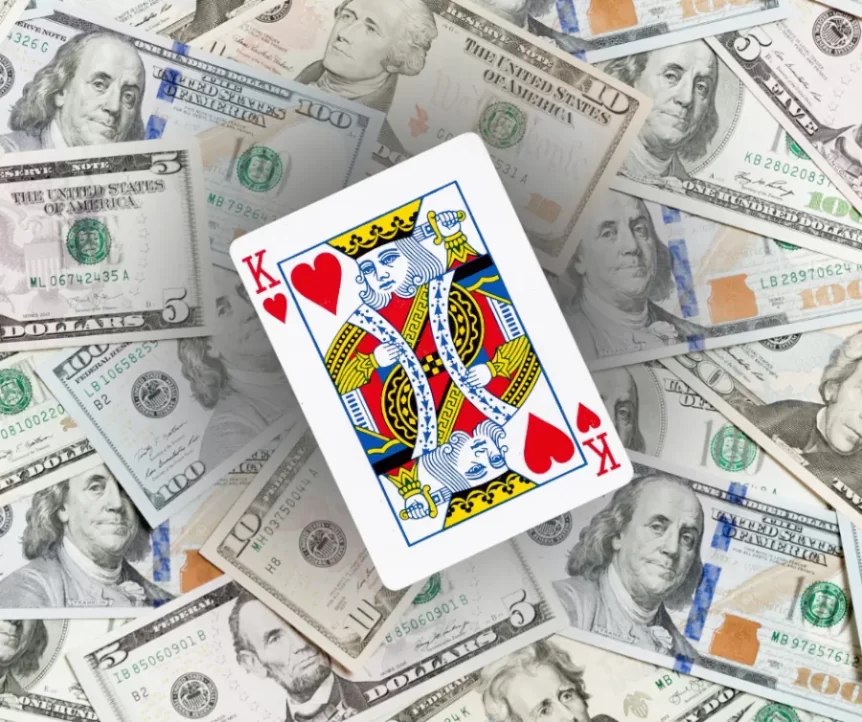TABLE OF CONENTS
I. The Cash Conundrum in Personal Finance
II. Drawbacks of Holding Cash
III. Maximizing Cash Benefits
IV. Conclusion
I. The Cash Conundrum in Personal Finance
Finance loves its axioms and two opposing thoughts on cash have battled it out for the past few years.
“Cash is King” vs “Cash is Trash”
In personal finance, cash has long been considered a safe haven, offering liquidity and the peace of mind of having a warm and cozy financial safety blanket. That said, as is often the case, too much of a good thing can turn into a problem. I’ve seen this problem proliferate recently with the period of outsized volatility that we’ve seen since 2020.
When I speak to people about their investment allocation, specifically as it relates to cash, I hear many reasons why people like to hold cash but foundationally all answers come down to liquidity, security, and stability. These are very important, but we shouldn’t let these merits create excess cash holdings that impede our financial progress.
II. Drawbacks of Holding Cash
One of the major drawbacks of holding cash is the erosion of purchasing power due to inflation.
Reduced Purchasing Power
Over time, the value of money decreases, meaning that the purchasing power of your cash reserve diminishes, potentially impacting your future standard of living. Everything seems to be getting more expensive these days and over time, holding too much cash will eat away at your purchasing power.
Broadly, I like to entrust the growth of my net worth to investments in business through stocks and bonds than I do the US Government and the Federal Reserve which controls the money supply.
Low Returns
Cash may be safe, but it also offers low returns. By keeping a large balance in a bank account, you may be missing out on potentially higher returns from other investment options, sacrificing long-term financial growth.
According to The Wall Street Journal, Vanguard’s Money Market Fund had returned a total of 402% between 1981 and September 2023; while the S&P 500 had returned 3,500%.
Even improving our rate of return over a savings account by a percent or two a year can have huge impacts over time thanks to compound interest. Study after study indicates to us that we need to invest early and invest often and that growing our net worth has more to do with time in the market instead of timing the market.
III. Maximizing Cash Benefits
The key to maximizing the benefits of holding cash while mitigating the drawbacks lies in striking the right balance.
An emergency fund covering three to six months of living expenses is a generally recommended cash reserve, providing a safety net while allowing excess funds to be invested for growth. Even if some cash need should arise that requires more than what you have saved in your emergency fund, if you are properly invested you should have access to funds from your brokerage account.
If reading the above you are apprehensive about reducing your cash holdings in your savings account, remember not all cash is created equal. As of November of 2023, the national average yield for savings accounts at banks is 0.6% while the rate for Fidelity’s Money Market is 5.0%!
IV. Conclusion
Cash has its place in a comprehensive financial plan, offering liquidity, security, and stability. However, with low savings account yields and elevated inflation, the opportunity cost of holding a large cash balance cannot be ignored. By thoughtfully assessing the pros and cons and striking the right balance, you can optimize your financial strategy, ensuring that your assets are working as hard as you are towards achieving your financial goals.



